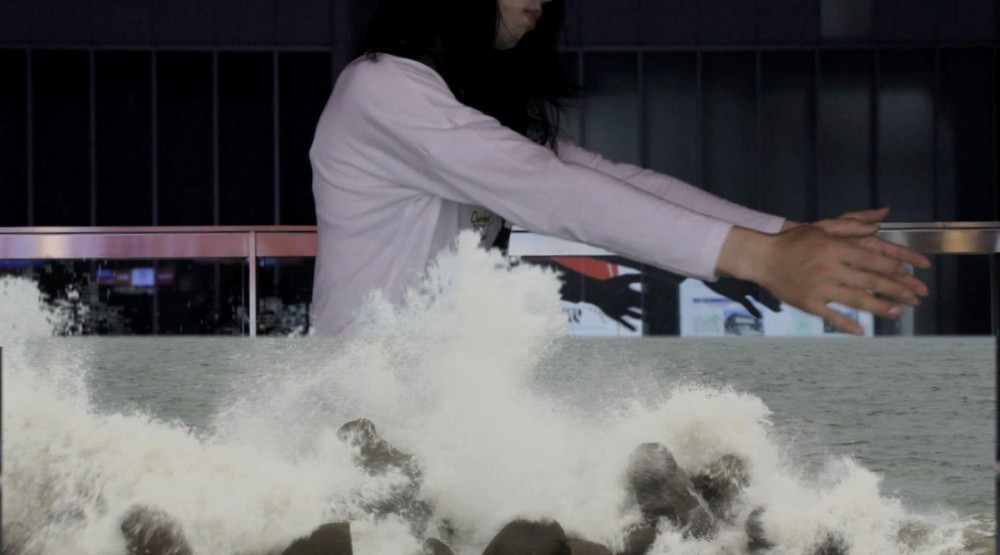
Joso (josō 女装) is a film collaboration combining anthropology and art film to explore the nature of male reaction and sentiment on the cusp of transformation in contemporary Japan.
Filmic flow through Tokyo, Saitama and Fukushima captures signs and context of the heavily ideological and yet ambiguously gendered presence built into the grey-toned and somewhat washed-out architecture of contemporary urban environment. Urban Japan in the mid-2010s is seen in sluggish motion under the enthusiastic and benign gazes of enormous girls’ faces screened and posted throughout the city.
Interleaved in this macro-landscape the film closes in on the micro-gestures and movements of both unknown people and specific anthropological respondents in gendered postures. As the film unfolds a subtler understanding of this deeply-layered topic emerges. There are signs that the girl is the new model commuter and employee: cheap, flexible, neat, cooperative and enthusiastic.
Under the implicit instructions of the gendered environment young men are witnessed engaged in complex reactions: cross-dressing, de-masculinizing, idolizing and mocking. Close interaction and conversation with young men involved with specific recent subcultures – otoko no ko (cross dressing as girls) and himote (demanding rights for ‘men without’ women) – appear in the film.
In some instances these filmed respondents are seen performing voluntary actions for the camera gaze, and in other cuts respondents are seen miming the physical gestures of their employment (typically manual and repetitive), bringing into visible interaction traces of there working lives and their sartorial and gendered imagination of themselves.
While based on ethnographic fieldwork carried out gradually over the 2010s the camera does not employ a documentary gaze on ‘talking heads’ but captures intimate movements of the hands, body movement, and the textures and reflections of drinks, clothes, and accessories. Focus on bodily gesture and voice also works to discourage Orientalist and essentialist desire for the film. This is not a film about ‘Japan’. It is a film about a stage of male passage into a new social order that can be seen in different permutations across the post-industrial world.
Website: https://vimeo.com/220730264
Website: https://www.kinsellaresearch.con, https://www.tandfonline.com/action/showAxaArticles?journalCode=rjfo20
